Your cart is currently empty!
Head to Head: Comparing CBD and THC for Parkinson’s Management
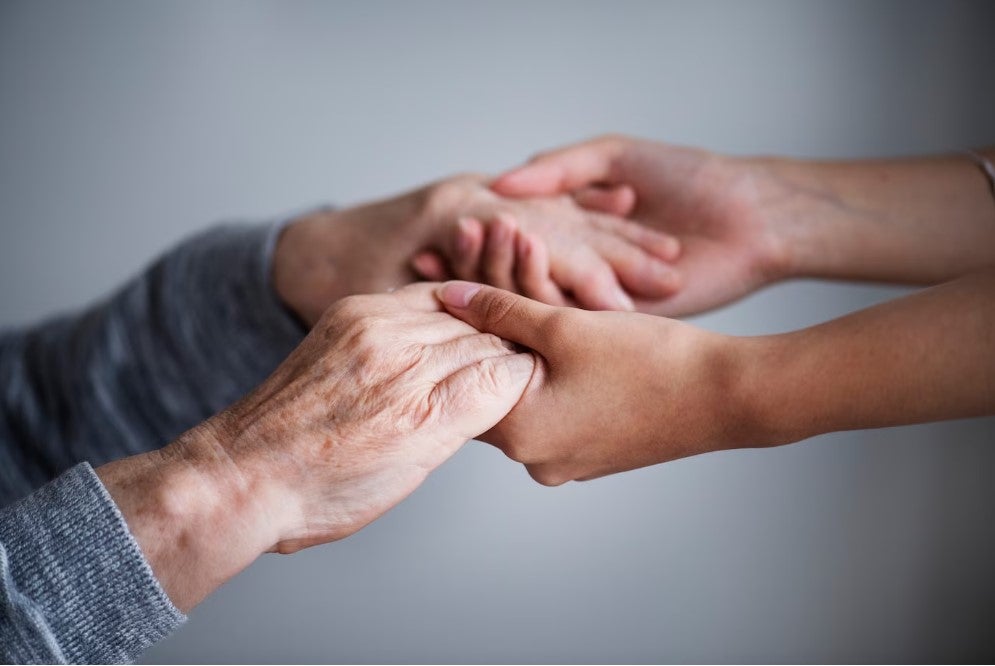
Finding Harmony: CBD vs THC for Parkinson’s – Uniting the Power of Two Cannabinoids for Optimal Symptom Control” – Harness the synergy of CBD and THC as we uncover their unique properties, complementary effects, and the potential of combined therapy for Parkinson’s symptom relief. Learn how these cannabinoids harmonize to create a symphony of relief in the battle against Parkinson’s.
Decoding the Enigma: CBD vs THC for Parkinson’s
Parkinson’s disease is a progressive neurodegenerative disorder that affects millions of people worldwide. Characterized by motor symptoms such as tremors, stiffness, and bradykinesia (slowness of movement), as well as non-motor symptoms like sleep disturbances and cognitive impairment, Parkinson’s can significantly impact an individual’s quality of life.
The potential benefits of cannabis compounds, particularly CBD (cannabidiol) and THC (tetrahydrocannabinol), have gained attention in the field of Parkinson’s management. CBD, a non-psychoactive cannabinoid, and THC, a psychoactive cannabinoid, interact with the body’s endocannabinoid system, which regulates various bodily functions.
Understanding the differences between CBD vs THC and how they can potentially alleviate Parkinson’s symptoms is crucial for patients and healthcare professionals alike. While CBD is known for its anti-inflammatory and neuroprotective properties, THC may offer pain relief and help with certain motor symptoms.
What is Parkinson’s Disease?
Parkinson’s disease is caused by the degeneration of dopamine-producing cells in the brain, primarily affecting the substantia nigra region. The loss of dopamine leads to characteristic motor symptoms, including tremors, rigidity, and impaired movement control. Additionally, individuals with Parkinson’s may experience non-motor symptoms such as depression, anxiety, and sleep disturbances.
Parkinson’s significantly impacts daily life, making it challenging to perform routine tasks and maintain independence. Simple activities like walking, talking, and eating can become arduous, affecting physical and emotional health. Parkinson’s patients often require a comprehensive treatment approach to manage symptoms and improve their overall quality of life.
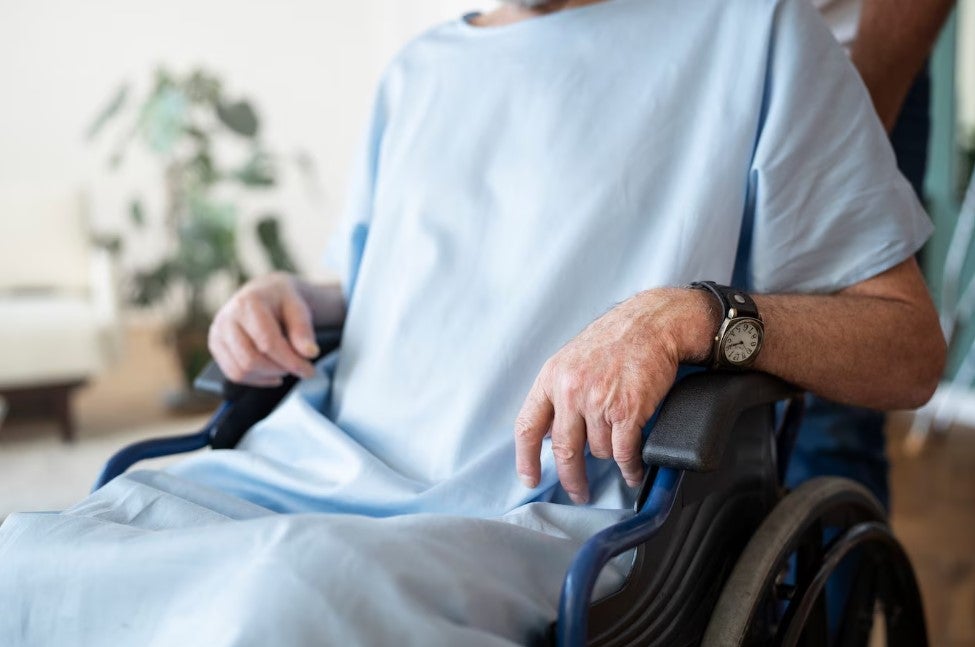
According to recent studies, around 20% of Parkinson’s patients have tried cannabis to alleviate symptoms, including motor dysfunction, sleep disturbances, and pain. The potential therapeutic effects of CBD vs THC in Parkinson’s management have piqued the interest of researchers and patients alike.
Emerging evidence suggests that cannabis compounds may interact with the endocannabinoid system to modulate neuroinflammation, reduce oxidative stress, and improve motor function in Parkinson’s disease. However, more research is needed to fully understand the effectiveness, safety, and optimal dosage of CBD and THC in this context.
CBD: The Non-Psychoactive Cannabinoid
Overview of CBD and its therapeutic properties
CBD, or cannabidiol, is a non-psychoactive cannabinoid derived from the cannabis plant. It has gained significant attention for its potential therapeutic properties in various medical conditions, including Parkinson’s disease. CBD interacts with the body’s endocannabinoid system, which plays a vital role in regulating various physiological functions.
How CBD interacts with the endocannabinoid system in Parkinson’s disease
CBD interacts with both cannabinoid receptors (CB1 and CB2) in the endocannabinoid system. In Parkinson’s disease, CBD may modulate the transmission of signals in the brain, potentially reducing inflammation, oxidative stress and improving dopamine levels. It has also been suggested to have neuroprotective effects, promoting the survival of neurons and potentially slowing down the progression of the disease.
Scientific studies and evidence supporting the use of CBD for Parkinson’s management
Several preclinical and clinical studies have explored the potential benefits of CBD for Parkinson’s disease. Research suggests that CBD may improve motor symptoms, reduce tremors, and enhance the overall quality of life in Parkinson’s patients. A randomized, placebo-controlled trial published in the Journal of Clinical Pharmacy and Therapeutics found that CBD treatment significantly improved motor function and overall well-being.

THC: The Psychoactive Cannabinoid
Introduction to THC and its effects on the body
THC, or tetrahydrocannabinol, is the primary psychoactive component of cannabis. It binds to cannabinoid receptors, primarily CB1 receptors, in the endocannabinoid system, leading to various physiological effects. THC is popular for its psychoactive properties, which can induce a euphoric or “high” sensation.
The potential benefits of THC for Parkinson’s symptom relief
THC offers pain relief, reduces muscle stiffness, and improves sleep quality in individuals with Parkinson’s disease. It may also help alleviate non-motor symptoms, such as anxiety and depression, which often accompany the motor symptoms of Parkinson’s.
Scientific studies and evidence supporting the use of THC for Parkinson’s management
While research on THC specifically for Parkinson’s disease is relatively insufficient, studies have shown promising results. A study published in the Journal of Psychopharmacology found that THC treatment improved motor symptoms and pain in Parkinson’s patients. Additionally, a survey published in the Journal of Parkinson’s Disease reported that individuals with Parkinson’s who used cannabis, including THC, reported significant improvements in pain, sleep quality, and overall well-being.
Head to Head: Comparing CBD and THC for Parkinson’s
Comparison of the effects of CBD and THC on motor symptoms in Parkinson’s
CBD vs THC has shown promising effects in alleviating motor symptoms associated with Parkinson’s disease. While CBD is not psychoactive, it can potentially reduce tremors, stiffness, and dyskinesia in Parkinson’s patients. On the other hand, THC has muscle relaxant properties that may help with motor symptom management. Both cannabinoids can potentially improve motor function and mobility, although individual responses may vary.
Analyzing the impact of CBD and THC on non-motor symptoms of Parkinson’s
In addition to motor symptoms, Parkinson’s disease often presents various non-motor symptoms such as anxiety, depression, and sleep disturbances. CBD has been investigated for its anxiolytic and antidepressant properties, potentially relieving these non-motor symptoms. THC’s psychoactive effects may also contribute to mood improvement and sleep regulation. However, it is essential to consider individual sensitivities and preferences when choosing between CBD and THC for non-motor symptom management.
Evaluating the potential side effects and safety profile of CBD and THC
CBD and THC are generally considered safe, but they may cause side effects in some individuals. CBD is well-tolerated and has a low risk of adverse effects, with studies reporting minimal side effects such as dry mouth and drowsiness. Conversely, THC can cause temporary psychoactive effects, including euphoria, impaired memory, and increased heart rate. It is crucial to start with low doses and monitor individual responses to find the right balance between symptom relief and tolerability.
Finding the Right Balance: Combining CBD and THC for Parkinson’s
Exploring the concept of using CBD and THC together for enhanced symptom management
Emerging research suggests that combining CBD and THC in specific ratios may provide enhanced therapeutic benefits for Parkinson’s disease. The synergistic interaction of multiple cannabinoids, known as the entourage effect, is believed to contribute to increased efficacy. By combining CBD and THC, individuals may potentially experience improved motor symptom control, reduced inflammation, and enhanced overall well-being.
Understanding the entourage effect and its relevance to Parkinson’s treatment
The entourage effect refers to the idea that cannabinoids and other compounds in the cannabis plant work together synergistically, enhancing their therapeutic effects. In the context of Parkinson’s treatment, the entourage effect may be particularly relevant as it allows for a comprehensive approach to symptom management. By harnessing the power of various cannabinoids, terpenes, and other plant compounds, individuals with Parkinson’s may potentially experience greater relief and improved quality of life.
Considerations for dosing and ratios of CBD to THC in combination therapies
When considering CBD and THC combination therapies for Parkinson’s, it is important to find the right balance and dosage. The optimal ratio of CBD to THC may vary depending on individual needs and sensitivities. Start with low doses and gradually increase as needed while monitoring the response. It is advisable to consult with a healthcare professional experienced in cannabis therapeutics to determine the most appropriate dosage and ratio for each individual.
Legal Considerations and Accessibility
Overview of the legal status of CBD and THC for medical use
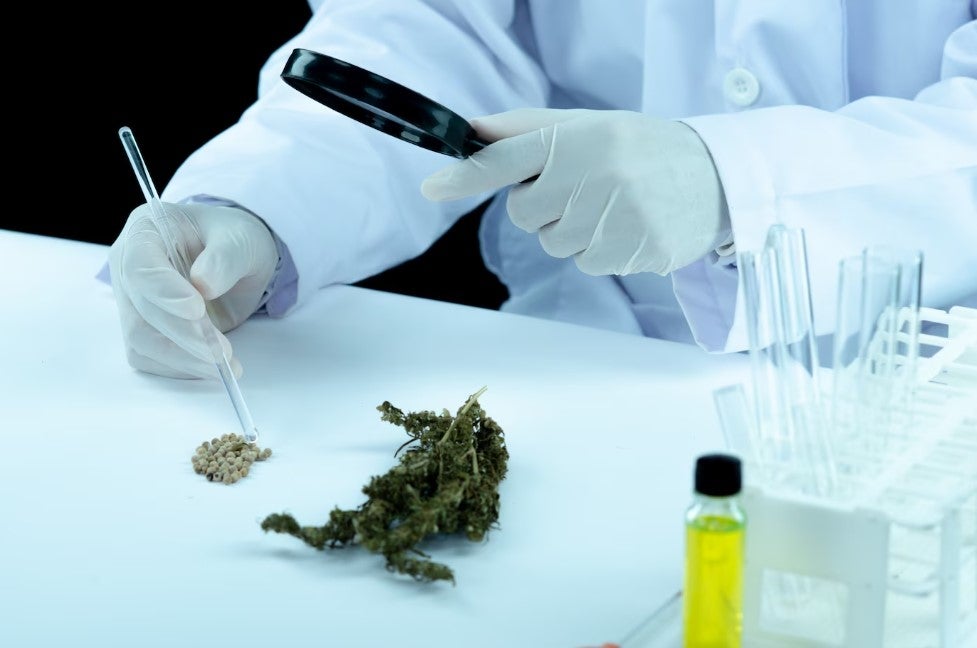
The legal status of CBD vs THC varies across different regions. While CBD derived from hemp with less than 0.3% THC is federally legal in many countries, THC is often subject to stricter regulations due to its psychoactive properties. Understanding the legal framework surrounding CBD and THC in your specific location is crucial to ensure compliance and safe access to these cannabinoids for Parkinson’s management.
Access to CBD and THC products for Parkinson’s patients
Access to CBD and THC products for Parkinson’s patients may depend on local regulations and the availability of medical cannabis programs. In some regions, medical cannabis programs allow for the legal purchase and use of CBD and THC products with a doctor’s recommendation. It is important for individuals with Parkinson’s to explore the options available in their area and consult with healthcare professionals knowledgeable about cannabis therapeutics.
Importance of consulting with healthcare professionals and abiding by local regulations
Consulting with healthcare professionals experienced in cannabis therapeutics is essential for individuals with Parkinson’s, considering the use of CBD vs THC. These professionals can provide personalized guidance and dosage recommendations and monitor potential interactions with other medications. It is also crucial to abide by local regulations to ensure safe and legal access to CBD and THC products, promoting responsible and informed use.
Conclusion
CBD and THC have shown promise in alleviating symptoms associated with Parkinson’s disease. CBD’s non-psychoactive nature may help manage motor symptoms, reduce anxiety, and improve sleep. THC, with its psychoactive properties, has the potential to provide pain relief and muscle relaxation. Both cannabinoids offer a holistic approach to symptom management in Parkinson’s.
While CBD and THC offer potential benefits for Parkinson’s management, further research is needed to fully understand their mechanisms of action and optimal usage. It is crucial to engage in open and informed discussions with healthcare providers to determine the most suitable approach for individual needs. By collaborating with professionals and staying updated on the latest research, individuals with Parkinson’s can make informed decisions regarding the use of CBD and THC as part of their overall management plan.
Frequently Asked Questions

What is the difference between CBD and THC?
CBD (cannabidiol) and THC (tetrahydrocannabinol) are two of the most popular cannabinoids that exist in cannabis plants. While they come from the same plant, they have distinct properties and effects. CBD is non-psychoactive and does not produce a “high” sensation. It is known for its potential therapeutic benefits, such as reducing inflammation, anxiety, and pain. THC, on the other hand, is psychoactive and can induce intoxicating effects. It is often associated with the euphoric feelings commonly known as being “high.”
Can CBD or THC cure Parkinson’s disease?
Currently, there is no cure for Parkinson’s disease. However, both CBD and THC have shown promise in managing symptoms associated with the condition. CBD may help alleviate motor symptoms, reduce anxiety, and improve sleep quality. THC, with its pain-relieving and muscle-relaxing properties, may provide relief from Parkinson’s symptoms. While these cannabinoids cannot cure the disease, they can potentially improve the quality of life for individuals with Parkinson’s.
Are there any potential side effects of using CBD or THC for Parkinson’s?
Although CBD and THC are generally well-tolerated, they can have potential side effects. CBD may cause drowsiness, dry mouth, and changes in appetite or weight. THC can induce temporary memory impairment, coordination difficulties, and increased heart rate. It is essential to start with low doses and gradually increase them to find the optimal balance of symptom relief while minimizing side effects. Consulting with a healthcare professional experienced in cannabis therapeutics can help mitigate potential risks and ensure safe usage.
How do I determine the right dosage of CBD vs THC for Parkinson’s?
Finding the right dosage of CBD vs THC for Parkinson’s can be a personalized process. You can start with low doses and gradually increase until you get the desired effects. Factors such as individual sensitivity, symptom severity, and desired outcomes influence the ideal dosage. Consulting with a healthcare professional knowledgeable about cannabis therapeutics can provide valuable guidance and help establish an appropriate dosage regimen.
Is it legal to use CBD and THC for Parkinson’s in my country?
The legal status of CBD and THC for medical use varies across countries and regions. While some jurisdictions have legalized medical cannabis, others may have restrictions or prohibitions. It is important to research and understands your country’s specific laws and regulations regarding the use of CBD and THC for Parkinson’s management. Consulting with local authorities or healthcare professionals can provide further guidance on the legalities and accessibility of these cannabinoids.
In:
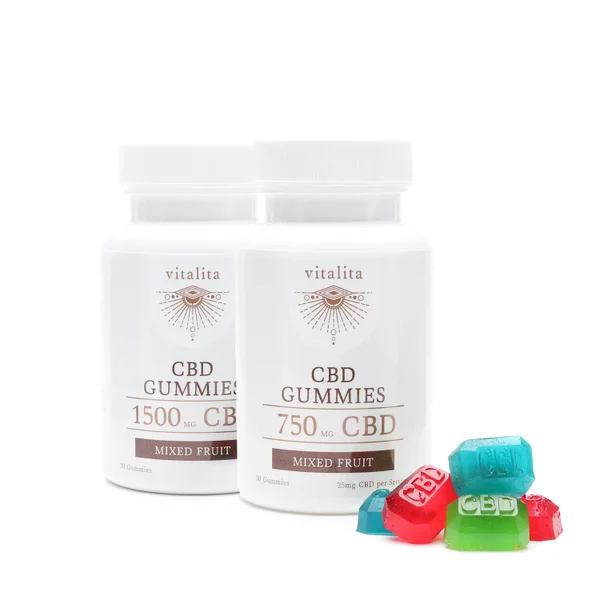
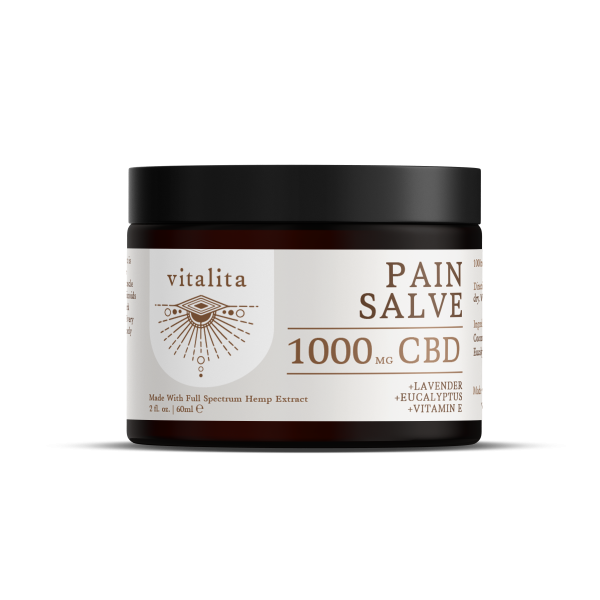

Leave a Reply
You must be logged in to post a comment.